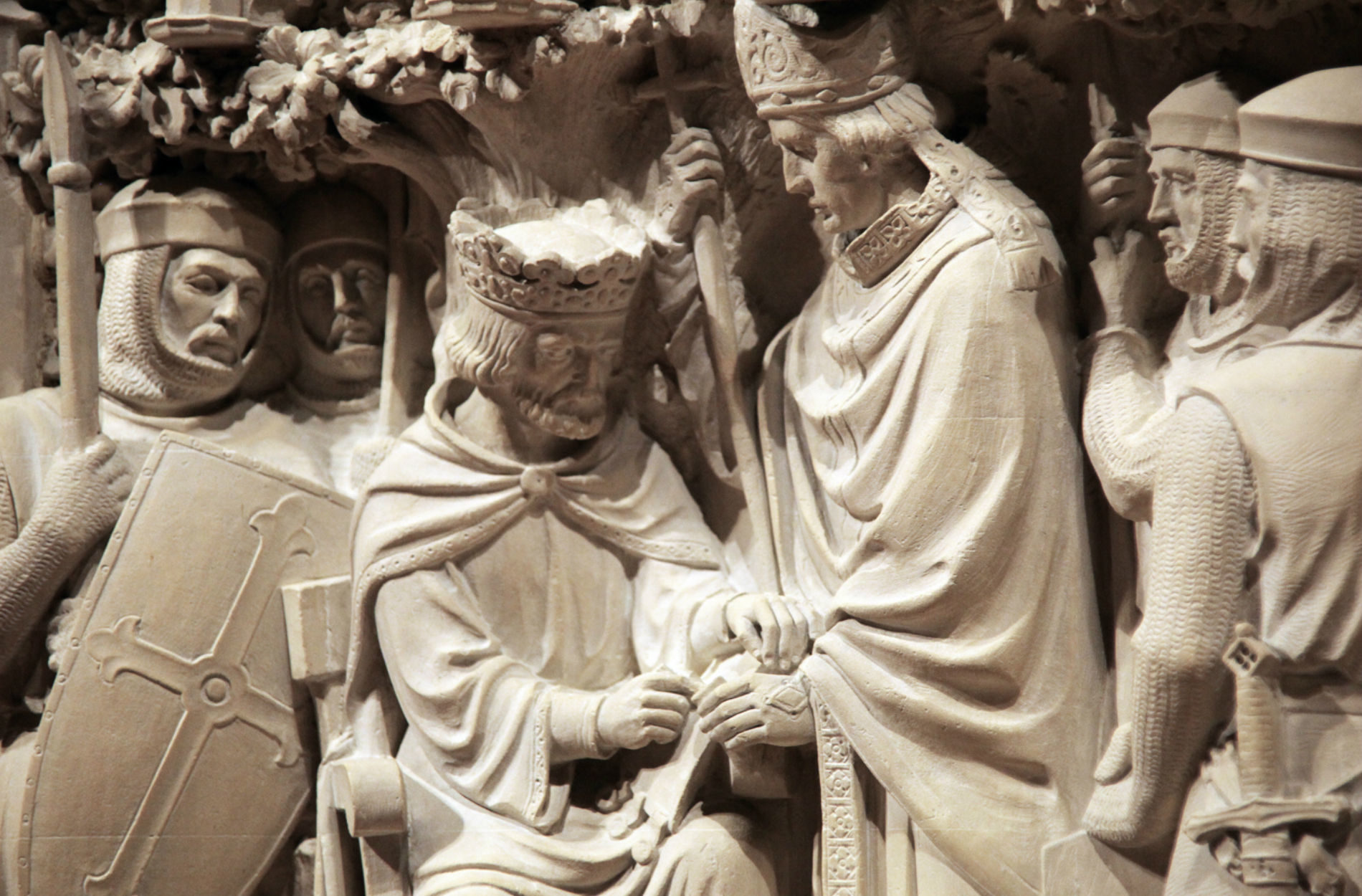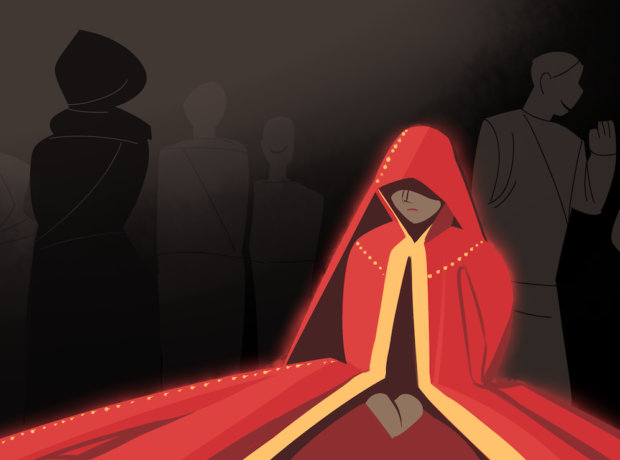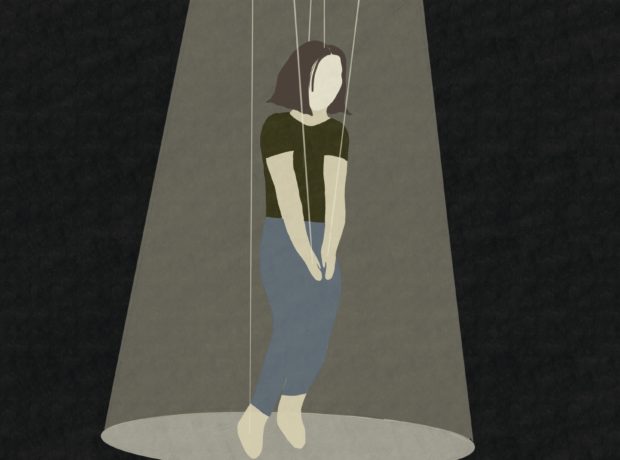On visiting the British Library’s exhibition ‘Magna Carta: Law, Liberty, Legacy’, I was struck by the story of how the document was forged through King John’s battles with the Barons and the fascinating content of the document which legislated on matters ranging from fish weirs to the right to a fair trial.
When thinking about the 800th anniversary of Magna Carta you cannot escape our current context, and for me what came to mind was the campaign to save the Human Rights Act. I contacted exhibition co-curator Julian Harrison, asking to further explore the collection so that I could create a poetry response to the wealth of information there. Having only fleeting memories from school history classes, I tried to absorb as much as I could and wanted to try and bring the scrolls to life, highlighting that the legacy of the Magna Carta has been and can be the continuous campaign for our rights.
Words on Sheepskin
We have rights, they are not given-
realised when inked, then acted.
We have rights destroyed, diluted, flouted,
then welded anew in rhetoric fires-
in a law maker wars that buffets our rights
between crown and barons, crown and commons,
with ‘boo’, ‘hurrah’ jousting over green benches.
Each decade rephrases our penalties,
our liberties, and the mound of cast-off laws
is growing- as the tailor re-fits skin
over bones and organs, then re-stitches
the tears on the cheek of Lady Justice,
adds to and weakens her muscles before
they argue and anoint her into being.
Whilst crowds gather to watch the few wielders
of libels, pamphlets and brazen placards
as they jump before all the king’s horses
all the king’s men; trying to put our lady
back together again.
Heirs of our rights were etched on a shield
held up by barons against a tyrant crown
laws as big as the sheep they were scratched on
with a few petering off down the legs
and into oblivion.
Above the shrivelled seal, of skeletal John
wrapped in robes with a sword pointing at God
shadows of former words proclaim that-
No free man is to be taken
without the lawful judgement of his peers.
That a woman’s word cannot imprison a man-
save on the death of her husband.
That all Welsh hostages must be returned.
That the Church of England shall be free.
That there must not be, under any circumstances,
any more fish weirs in the Thames of Medway.
That no town can be made to build a bridge,
unless they have an ancient oath to do so.
That widows can remain widows if they choose.
That wine, ale and corn should be measured
by the London quarter, everywhere.
That officials cannot partake as they please,
even if they do so in the London quarter.
That the City and their dragons can hold fairs
and be supreme, whilst no man, including the king,
most particularly the king, shall be above the law.
They scraped away gold, to reveal a wooden chair,
for below every polished floor is Earth,
and above each roof is sky-
so we still re-sole our boots
to march for the ghost and grandchild
of our Magna Carta.
This poem was first published by the British Library’s Medieval Manuscripts Blog
Photo by Tim Evanson



